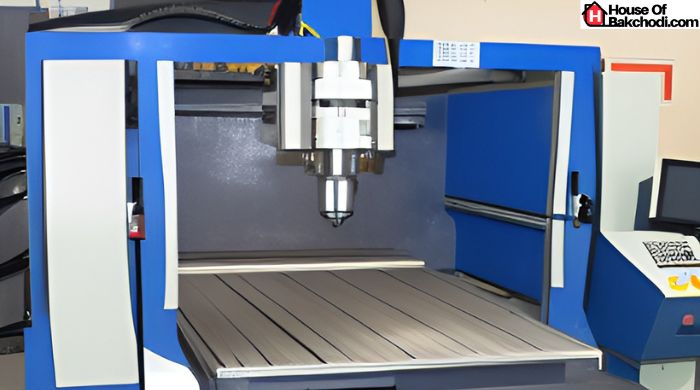CNC Routing Machines: Five Key Uses and Applications
CNC routing machines offer a myriad of advantages, such as boosting efficiency and precision while minimizing the wastage of resources. However, one of the most significant advantages that these machines offer is versatility. The new CNC routers can be used to cut materials effectively across a wide range of industries and applications for small-scale at-home businesses and large-scale production shops. This article enlists critical uses of CNC routing machines in different industries and how CNC routers can be used to improve the entire process, from initial programming to final cut.
Page Contents
1. Cabinets and furniture
Cabinet and furniture manufacturing is one of the most common applications of CNC routing machines, whether a business is involved in creating customized pieces or more classic pieces. A wide variety of furniture items that can be made using CNC machines with immense precision and unrivaled efficiency are countertops, raised panel doors, chairs, tables, closet sets, and more. The power of high-end new CNC routers helps reduce lead times, minimize material handling, and elevate the quality of cabinet and furniture-making processes.
2. Signage
Whether an enterprise is creating a small-scale 2D project or more complex 3D signage components, a CNC routing machine can do the entire job quickly and cleanly. CNC routers can work skillfully with various materials like wood, plastic, foam, brass, acrylic, aluminum, and more.
3. Aluminum and brass machining
Working with non-ferrous metals like aluminum and brass requires CNC machines with increased cutting capability and a little more attention and preparation. When done efficiently, CNC routers can help save time and money in the shop while producing superior-quality products. Now that aluminum and brass interact differently with the blade than other materials, it is essential to determine and utilize the proper federate and spindle RPM.
4. Prototyping and 3D modeling
Precision modeling and prototyping are essential for a smooth and successful production process. Without that precision, no one is adequately capable of assessing the concept’s full potential and next steps. A CNC machine allows a person to scan, copy, engineer, and reverse-engineer components to craft innovative and advanced products. Additionally, new CNC routers accelerate the project’s timeline as an individual quickly and accurately creates lifelike prototypes to inform future decision-making.
5. Musical instruments
The precision capabilities of CNC machines come in handy when creating musical instruments. It is crucial to cut every component to exact specifications and make them interact appropriately to produce a beautiful range of sounds. Musical instrument manufacturers can produce many high-quality products on time without sacrificing the performance of the pieces.
Conclusion
CNC routing machines have become the most effective machines that provide precision, efficiency, and total versatility, helping shops to produce outstanding products with a fraction of the labor. With excellent efficiency, these machines can perform the tasks of multiple carpentry shop machines, including the panel saw, the spindle molder, and the boring machines.




